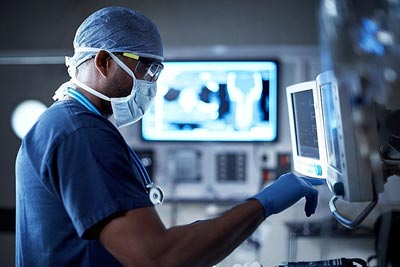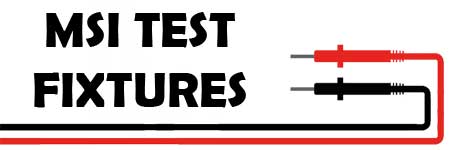
Healthcare PCB test fixtures play a crucial role in the healthcare industry, especially in the development and manufacturing of medical devices and equipment. The benefits of PCB testing in the healthcare industry include:
1. Ensuring Device Reliability: PCB testing helps ensure that medical devices and equipment, such as patient monitors, infusion pumps, and diagnostic instruments, function reliably and accurately. By identifying and rectifying any faults or defects in the PCB, the likelihood of device malfunctions or failures is minimized, enhancing patient safety and reducing the risk of adverse events.
2. Compliance with Regulatory Standards: Healthcare industries are subject to strict regulations and standards to ensure the safety and effectiveness of medical devices. PCB testing helps manufacturers comply with these regulations, such as ISO 13485 (Medical Devices Quality Management Systems) and IEC 60601 (Medical Electrical Equipment Safety Standards), which are critical for obtaining regulatory approvals and certifications.
3. Improved Product Quality: Rigorous PCB testing during the manufacturing process helps identify and rectify potential defects and design flaws. This leads to higher-quality medical devices that are less prone to errors and require fewer post-manufacturing repairs, ultimately reducing costs and improving the overall reliability of healthcare equipment.
4. Minimizing Downtime: In healthcare settings, equipment downtime can have severe consequences, affecting patient care and treatment outcomes. PCB testing before and during the operation of medical devices helps detect and address issues proactively, minimizing downtime and ensuring continuous operation of critical medical equipment.
5. Early Detection of Issues: PCB testing can identify potential problems at an early stage, even during the product development phase. Early detection allows manufacturers to address issues promptly and efficiently, reducing the need for costly and time-consuming corrective actions later in the product lifecycle.
6. Long-Term Cost Savings: Although investing in PCB testing may seem like an added expense, it actually contributes to long-term cost savings. Detecting and fixing defects early on prevents costly recalls, repairs, or legal liabilities associated with faulty medical devices, thereby protecting the reputation and financial stability of healthcare companies.
7. Enhanced Innovation and R&D: PCB testing encourages continuous improvement in medical device technology. By analyzing the performance and behavior of PCBs in different applications, manufacturers can identify areas for innovation, leading to the development of more advanced and sophisticated medical devices that better cater to patient needs.
In summary, Healthcare PCB test fixtures are a critical quality assurance measure that directly impacts the reliability, safety, and effectiveness of medical devices. By ensuring that healthcare equipment meets stringent standards, PCB testing ultimately helps save lives, reduce healthcare costs, and enhance patient outcomes.
